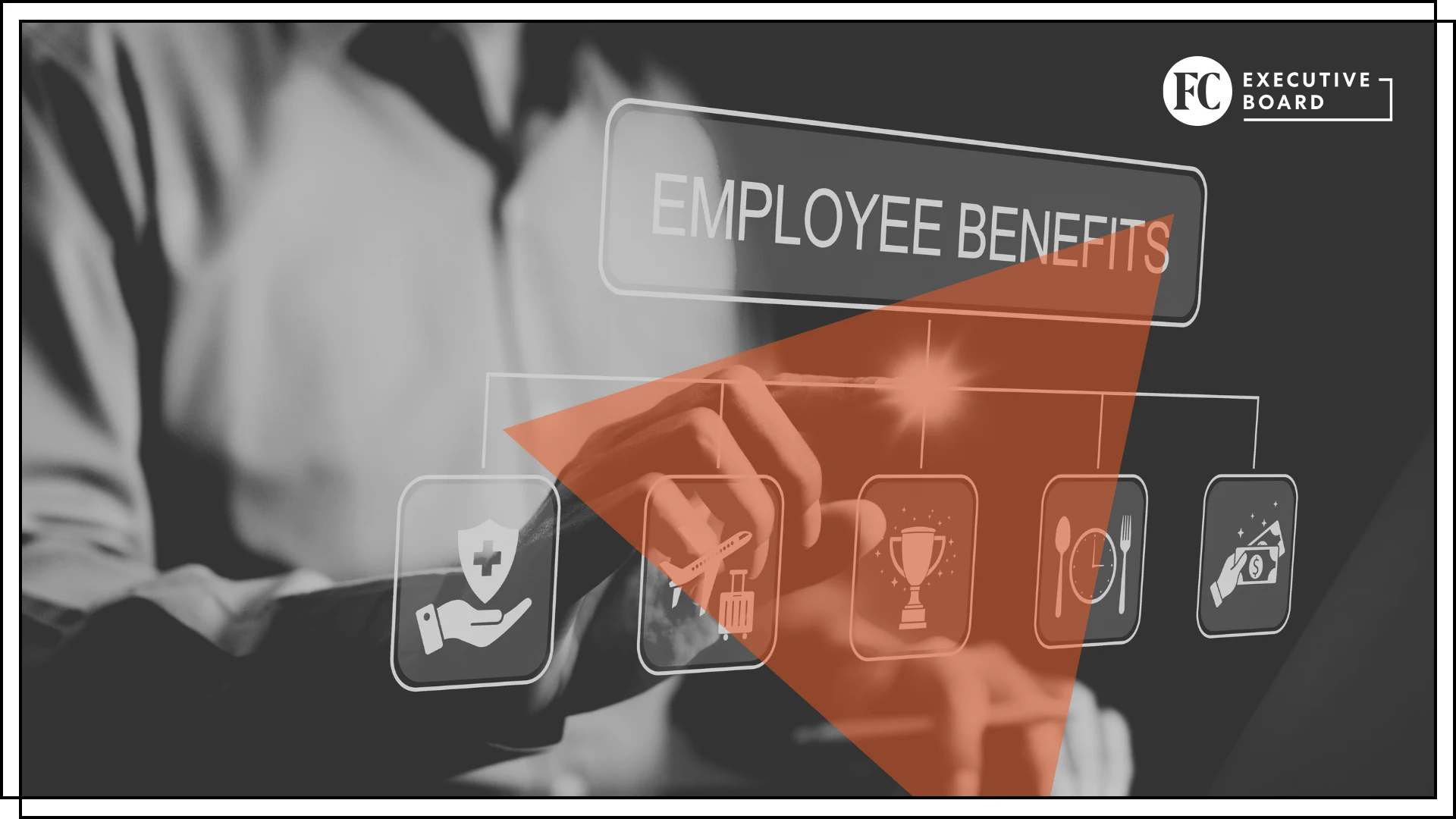Copyright Fast Company

In the evolving landscape of work, employee expectations have fundamentally changed. We’ve entered an era in which traditional benefits packages—health insurance, retirement plans, and PTO—are no longer enough to address the complex challenges of modern life. Employees are looking for support that makes them feel cared for while empowering them to thrive both professionally and personally. Numerous factors are driving this shift: dissatisfaction with rigid return-to-office mandates, economic uncertainty, and rising stressors in employees’ personal lives. As employers scramble to attract and retain talent, those who embrace a new, more personally supportive paradigm of workplace benefits can gain a decisive advantage in productivity, retention, and employee engagement. BRING COMPASSION TO WORKPLACE CULTURE Over the last decade, we’ve seen the rise of care-focused benefits designed to address deeply personal stressors that have an impact on employees’ ability to show up as their whole selves at work. These offerings include mental health support, fertility treatment, family planning resources, and financial wellness tools. Such benefits are not just perks—they’re strategic investments in a workforce that is healthier, more resilient, and better equipped to tackle life’s inevitable challenges. Grief support is an excellent example of how reshaping workplace norms can improve outcomes for everyone. Loss is a universal experience, yet it remains one of the challenges least addressed by corporate benefits. Studies show that 92% of employees who experience the loss of a loved one undergo a significant decline in work performance that can last up to 19 months, while 79% consider leaving their job altogether. Without proper support, these employees often struggle to meet both their professional and personal responsibilities, leading to decreased morale and increased turnover. Subscribe to the Daily newsletter.Fast Company's trending stories delivered to you every day Privacy Policy | Fast Company Newsletters Some companies appear to believe that employee assistance programs (EAPs) and five-day bereavement leave are sufficient to support employees. Employers that recognize the limitations of traditional, one-size-fits-all solutions can feel the difference. They’re moving toward integrated, long-term support systems that go beyond transactional services, creating more meaningful connections between employers and employees. LEARN FROM LEADERS IN THE SPACE The best innovations in this category meet employees where they are, combining practical support with emotional care. At Empathy, where I am co-founder and CEO, we’ve seen how holistic grief support can transform workplaces. By integrating grief and bereavement support with tools for navigating estate settlement, financial paperwork, and other logistical tasks, we’ve helped businesses address both the emotional and practical sides of loss. Our company isn’t alone in this mission. Companies across the benefits landscape are finding ways to blend technology and human support to serve employees better. In our view, a compassionate workplace culture is characterized by solutions that: Break down silos and integrate seamlessly: Instead of referring employees to third-party providers with no follow-up, they offer continuous, connected support. Anticipate needs: The best benefits are proactive, addressing issues before they escalate. Foster resilience: By normalizing discussions around sensitive topics like grief or mental health, employers can create a culture where employees feel safe seeking help. WHY BUSINESS LEADERS SHOULD CARE Investing in compassionate benefits isn’t just about doing the right thing—it’s a strategic imperative for businesses navigating the unique challenges of today’s world. Dissatisfaction with outdated benefits packages is a key driver of employee turnover, which costs U.S. businesses an estimated $1 trillion annually. Plus, employees who feel genuinely supported are more likely to stay engaged, productive, and committed to their employer. Studies show that workplaces that prioritize holistic well-being see measurable gains in retention and performance, and an overall improvement in company morale and culture. At a moment where the future of DEI (diversity, equity, and inclusion) initiatives feels uncertain, it is more important than ever to lead with compassion. Tailored benefits that address the unique challenges of employees from different backgrounds are a clear way that companies can continue to build a more inclusive and equitable workforce. advertisement WHAT’S NEXT FOR WORKPLACE BENEFITS As we look to the future, the question for business leaders is no longer whether to invest in compassionate benefits, but how to do so effectively. Here are three principles to guide the way: 1. Think beyond short-term solutions Employees don’t just need help in the moment; they need systems of support that evolve with them. Benefits should be designed to provide value not just during crises but over the long term. 2. Embrace holistic approaches Every employee is a complex individual who faces interwoven personal and professional challenges. Benefits that address both the practical and emotional dimensions of these challenges have the greatest impact. 3. Align benefits with company values Compassionate benefits aren’t just a tool for recruitment—they’re a reflection of an organization’s culture and priorities. Businesses that build meaningful support systems send a powerful message about what they stand for. A VISION FOR THE FUTURE As a founder who has been both at the helm of startups and charged with leading innovation-minded teams at larger organizations, I believe this support-focused approach represents one of the most exciting opportunities of our time. By rethinking what workplace benefits can be, businesses have the chance to foster deeper connections with their employees, improve their bottom line, and set a new standard for what it means to lead with empathy. The future of work demands more than transactional benefits—it requires us to embrace the humanity of our workforce. When we do, the results speak for themselves: engaged employees, resilient teams, and thriving businesses. It’s not just smart, it’s human. Ron Gura is the co-founder and CEO of Empathy.



